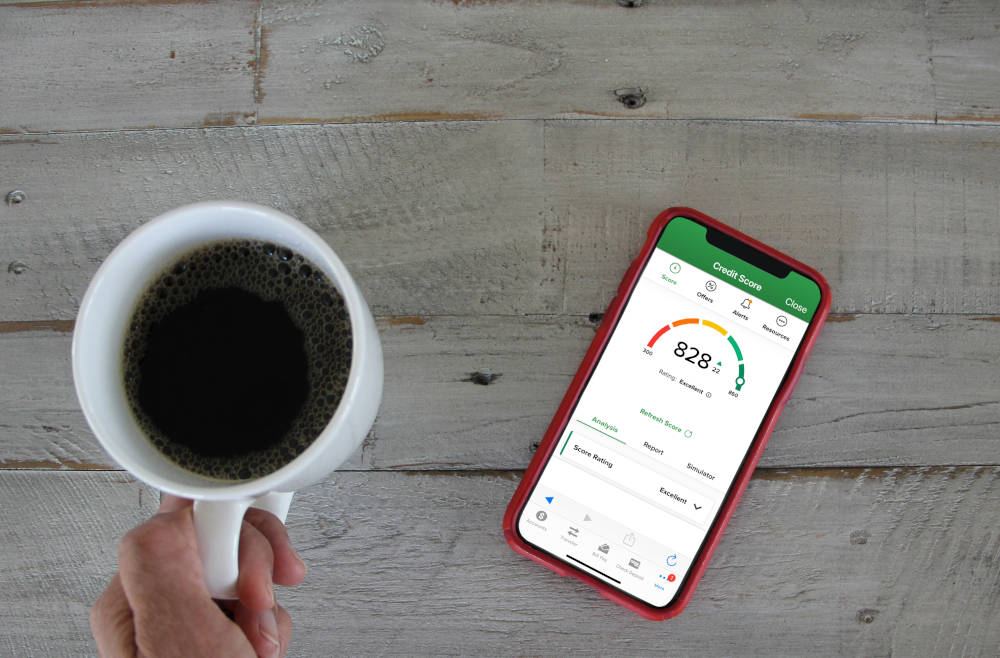It can be difficult to maintain good credit while being unemployed. Because of the recent COVID-19 pandemic, many people have gotten sick unexpectedly, been laid off, and even lost their jobs entirely. When you’ve got less income, it becomes difficult to pay your bills regularly. If you are unable to pay your bills, your good financial reputation can start to slip away. Here are some strategies to rebuild your credit after experiencing a financial struggle due to a pandemic.
Re-establishing Your Budget
The first thing to do after obtaining sustainable or at least some income is to set up your personal budget. This does depend on the position you are currently in financially. If you were able to keep your job and have not fallen behind in your bill payments, then you probably do not need to make many budget adjustments. This is likely not the case for most people, since most were negatively affected by the pandemic in some way. If your situation is closer to the latter, then read on for some good budgeting tips and strategies.
50/30/20
If you can, you should start by implementing a goal budget to strive for. The 50/30/20 rule is a good budget strategy for most people to financially maintain. This allocates 50% of your income towards your needs, such as housing and utilities. Then 30% of your income goes towards savings and 20% to spending money for each month. This is not a guaranteed plan for success, as everyone is different and has different needs and wants. The main point is to develop a budget that is manageable for you.
Saving
Most people have a retirement account through their job and are already saving for retirement. Though, it is also a good idea to save for an emergency, such as being laid off, getting injured, or for some other reason, being unable to work. If you follow the 50/30/20 rule, then 30% of your income should be put into savings. It is smarter to save first so you can prepare for an emergency again if it is needed.
Debt
Paying off your debt is not easy, especially if you have a lot of it. However, managing it is a good idea. During the pandemic, you may have been tempted or even forced to use credit cards and racked up some debt. If you get a sustainable income, then you should factor in your debt payments to your plan.
Make sure your payments are reasonable since it’s harder to stretch your income to cover your current necessities and any unexpected expenses. It could mean that you’ll have to skip your morning latte for a few weeks, or you’ll have to pack your lunch some days. Whatever the case may be, do whatever is necessary to manage your current needs while repaying your past debt.
You are the one who will have to decide how you’ll get back on track financially. Everyone is different, and everyone may be facing a different situation than their neighbors, or friends, and family members. The important thing is that you are aware of your responsibilities and you are taking the needed steps to manage your current expenses and those past obligations.




